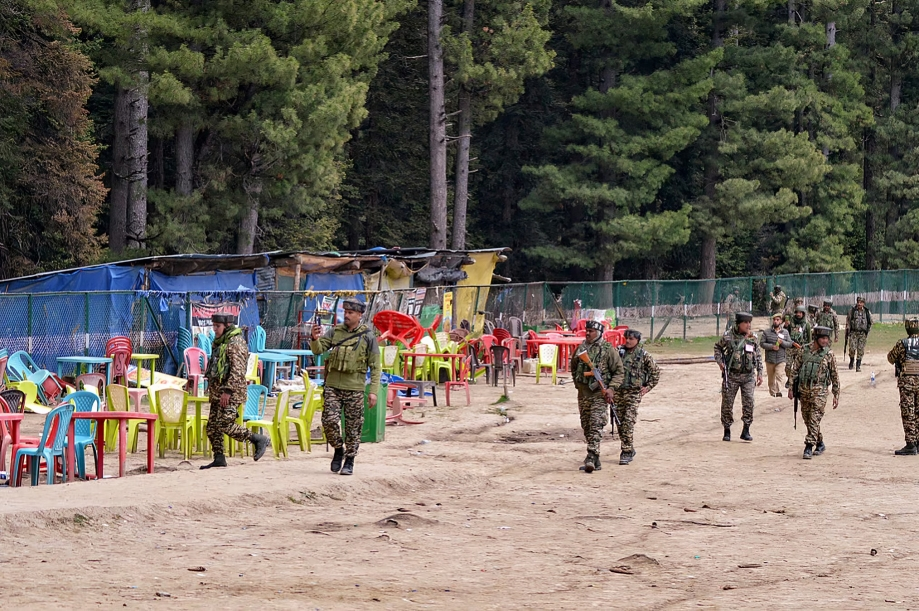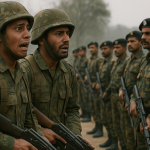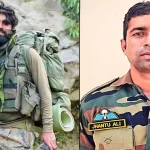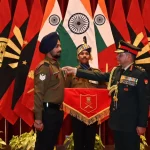In a major development that escalates an already volatile situation, the National Investigation Agency (NIA) has revealed that the April 22 terror attack in Pahalgam, which killed 26 civilians, was orchestrated by Pakistan’s Inter-Services Intelligence (ISI), the Pakistan Army, and the proscribed terror outfit Lashkar-e-Taiba (LeT).
According to a preliminary investigation report prepared by the NIA and led by its Director General, the attackers maintained direct communication with their handlers in Pakistan-Occupied Kashmir (PoK). The conspiracy was allegedly planned at LeT’s headquarters on instructions from ISI operatives.
The report, which is to be submitted to the Union Ministry of Home Affairs, provides extensive details of the operational network behind the attack. Investigators have identified the presence of Over-Ground Workers (OGWs) who provided logistical and local support to the terrorists. Arms and ammunition used in the attack were reportedly hidden in the Betaab Valley area prior to the assault.
The NIA has compiled a list of OGW contacts for further administrative and judicial action. The agency has also collected testimonies from over 150 individuals as part of the probe. Advanced forensic analysis is underway, with empty cartridges recovered from the scene sent to the Forensic Science Laboratory for further evaluation. Additionally, initial 3D mapping and recreations of the attack site have been completed to reconstruct the sequence of events.
Among the identified terrorists are two Pakistani nationals — Hashmi Musa and Ali Bhai, also known as Talha Bhai — who, according to the NIA, were in regular communication with handlers based across the LoC. Their involvement further substantiates India’s claims of cross-border terrorism being state-sponsored.
The NIA’s findings come amid heightened military readiness along the Indo-Pak border, and a recent wave of diplomatic and military exchanges between the two nuclear-armed neighbors. India has already taken retaliatory steps including the expulsion of Pakistani diplomats and suspension of the Indus Waters Treaty.
In Washington, US Vice President JD Vance commented on the situation, expressing hope that Pakistan would cooperate with India in bringing the perpetrators to justice. “Our hope here is that India responds to this terrorist attack in a way that doesn’t lead to a broader regional conflict,” Vance said, adding, “We hope, frankly, that Pakistan, to the extent that they’re responsible, cooperates with India to ensure the terrorists operating from its territory are hunted down and dealt with.”
The NIA’s report is expected to significantly impact India’s policy calculus and bolster its case internationally for holding Pakistan accountable. With both nations entrenched in military and diplomatic posturing, the region remains on edge as the risk of escalation persists.













